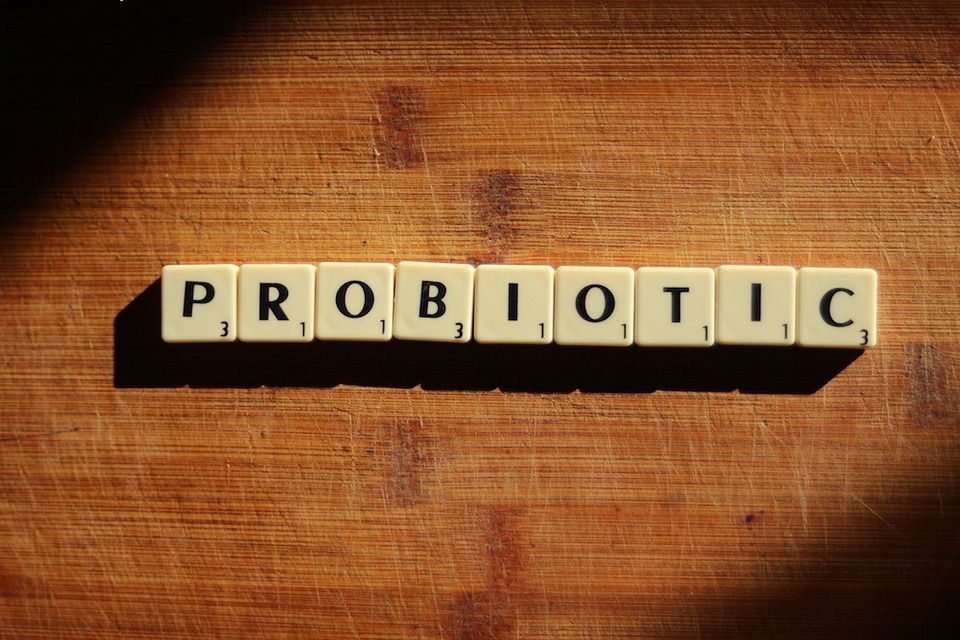Probiotics are live microorganisms that provide numerous health benefits, particularly for digestive health and immune function. These beneficial bacteria can be found in fermented foods like yogurt, sauerkraut, and kimchi, as well as in supplement form. In this blog, we’ll explore the benefits of probiotics for digestive health and immune function.
Probiotics for Digestive Health
The digestive system is home to trillions of microorganisms, collectively known as the gut microbiome. When the gut microbiome is out of balance, it can cause a variety of digestive problems, including diarrhea, constipation, and bloating. Probiotics can help to restore the natural balance of gut bacteria, resulting in improved digestive health.
Improved Nutrient Absorption
Probiotics help to break down food and absorb nutrients, making it easier for the body to digest and process the food you eat. This can result in improved nutrient absorption, which can have a positive impact on overall health.
Alleviation of Digestive Issues
Probiotics have been shown to be effective in alleviating digestive issues such as diarrhea, constipation, and bloating. They work by restoring the natural balance of gut bacteria, which can improve digestive function.
Prevention of Antibiotic-Related Diarrhea
Antibiotics can disrupt the natural balance of gut bacteria, resulting in antibiotic-related diarrhea. Probiotics can help to prevent this by restoring the balance of gut bacteria and reducing the risk of antibiotic-related diarrhea.
Probiotics for Immune Function
Probiotics play a crucial role in boosting immune function. They help to stimulate the production of antibodies, which are essential for fighting off infections. They also help to reduce inflammation in the gut, which can have a positive impact on overall health.
Reduction of Inflammation
Probiotics have been shown to reduce inflammation in the gut, which can have a positive impact on overall health. Chronic inflammation has been linked to numerous health problems, including heart disease and cancer.
Prevention of Infections
Probiotics have been shown to be effective in preventing infections, including urinary tract infections (UTIs) and respiratory infections. They work by stimulating the production of antibodies, which help to fight off infections.
Reduction of Allergic Reactions
Probiotics have been shown to reduce allergic reactions, including asthma and eczema. They work by reducing inflammation in the gut, which can help to alleviate symptoms of allergic reactions.
How to Incorporate Probiotics into Your Diet
There are many ways to incorporate probiotics into your diet. Here are a few tips:
Eat Fermented Foods
Fermented foods are an excellent source of probiotics. Some of the best options include yogurt, kefir, sauerkraut, kimchi, and kombucha.
Take a Probiotic Supplement
If you’re unable to get enough probiotics from your diet, consider taking a probiotic supplement. There are many different types of probiotic supplements available, so be sure to choose one that’s right for you.
Look for Probiotic-Rich Foods
Many foods are now fortified with probiotics, including some types of bread and cereal. Look for foods that are labeled as containing probiotics.
Conclusion
Probiotics are an essential part of a healthy diet. They provide numerous benefits for digestive health and immune function, including improved nutrient absorption, alleviation of digestive issues, reduction of inflammation, prevention of infections, and reduction of allergic reactions. By incorporating probiotics into your diet, you can help to improve your overall health and wellbeing.







